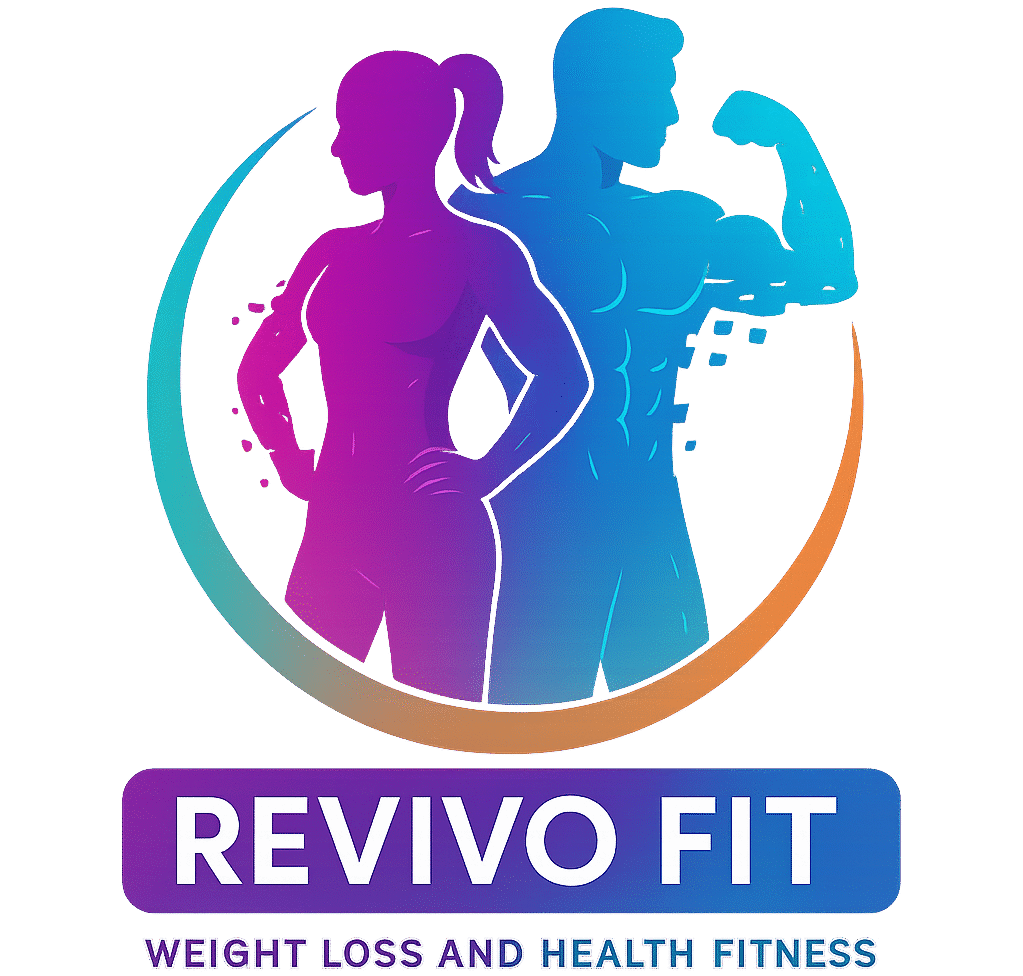Dietary supplements, they’re kind of like those extra credit assignments that boost your grade when your main coursework, or meals in this case, aren’t enough. They exist to fill the nutrient gaps in your diet. From vitamins and minerals to herbs and amino acids, they come in many forms and are designed to give your body a bit of a boost.
Navigating the supplement aisle can feel like a trip through a massive candy store, with shiny bottles promising everything from increased energy to better mood. Understanding what’s available can help you pick the ones that align with your health goals. Whether it’s vitamin D during those gloomy winter months or probiotics for a happy gut, there’s a supplement for pretty much everything.
The magic of supplements lies in their ability to complement your healthy diet. They’re not meant to replace your morning bowl of cereal or rob you of your guilty pleasure snacks. Instead, they’re there to add nutritional value where your meals might fall short.
But hey, let’s talk risks too. Just because they’re available over the counter doesn’t make supplements a free-for-all. Like anything good—or too good—there’s a balance to strike. These potent little helpers can have side effects and interact with other medications, which makes it crucial to use them wisely.
Finding the Right Supplements: A Guide for Beginners
Choosing the right supplement can be like finding the perfect pair of jeans— it takes a bit of research and some trying on for size. It all starts with asking the right questions. What are your health goals? Are you looking to boost your energy, improve your immune system, or maybe support joint health? Getting clear on what you want to achieve will narrow down your options.
Finding reliable information is step two. The internet is full of advice, but not all of it is trustworthy. Stick to sources you can count on— reputable health websites, scientific studies, and publications from recognized health organizations offer a trove of reliable information. Avoid platforms that sell products directly and may have biased information.
Before you head to the checkout line, understanding your unique dietary needs is a must. Consider your lifestyle, fitness goals, and any dietary restrictions. Knowing what your body specifically needs means you won’t waste time and money on unnecessary supplements.
When in doubt, there’s no shame in asking for a little help. Doctors, dietitians, and nutritionists are like the GPS for your health journey. They can look at your medical history, diet, and lifestyle to recommend supplements that suit you best.
Finally, keep in mind that not all supplements are made equal. Check whether they have been tested by third-party organizations and carry certifications or approvals. This offers an added layer of safety and reliability, ensuring that what you’re taking is both safe and effective.
Safety First: Ensuring Your Supplements are Safe
Feeling safe with your supplement choices means paying attention to various crucial aspects. Unlike prescription drugs, dietary supplements aren’t regulated as tightly by the FDA. This means they don’t go through the same rigors before hitting the shelves. Staying informed really empowers you to make the right choices.
Knowing what goes into your supplements is non-negotiable. Look for a complete ingredient list on the packaging, and be cautious of any unfamiliar names. Research them if needed. Avoid products with ingredients that sound too good to be true or those promising miracle cures.
Watch out for harmful substances like heavy metals or adulterants. Certain certifying organizations evaluate supplements for these nasties and give out seals of approval when appropriate. Look for trusted symbols from groups like the NSF International or US Pharmacopeia on the bottle. These indicate third-party testing, acting like a stamp of confidence.
Being mindful of red flags is another tip. Be wary of supplements making grand health claims. If a product guarantees overnight results or claims to treat disease, it’s probably not backed by science. Stick with products that promote balanced health rather than those promising miracles.
Keeping track of interactions—supplements can play well with some medications, not so much with others. If you’re taking medication, it’s smart to consult with a healthcare professional to avoid any unwanted effects. Mixing may sound fun at a party, but not when it comes to your supplements.
How to Properly Take Dietary Supplements
Taking supplements properly ensures you get the most benefit without running into issues. Timing can be a game-changer. Certain supplements absorb better on an empty stomach, while others, like fat-soluble vitamins A, D, E, and K, pair well with meals. Knowing when to take them can amplify their effectiveness.
Always stick to the dosage instructions on the label. More isn’t always better, especially with dietary supplements. Overdoing it can lead to unwanted side effects. If the recommended serving size says one, sticking to it is the safest bet.
Mixing supplements with medications can be tricky. Some supplements may lower the effectiveness of your prescription medicines or cause adverse reactions. Always check in with a healthcare provider if you’re in doubt. Sometimes even natural products can have strong effects.
A routine can help you keep track of your supplement intake. Whether it’s adding them to your morning or bedtime ritual, a little consistency goes a long way. Apps or alarms can serve as a gentle reminder if life gets busy.
Staying relaxed and informed about how supplements fit into your lifestyle makes them a supportive part of your wellness journey. Remember, they’re there to support, not substitute, regular healthy habits.

